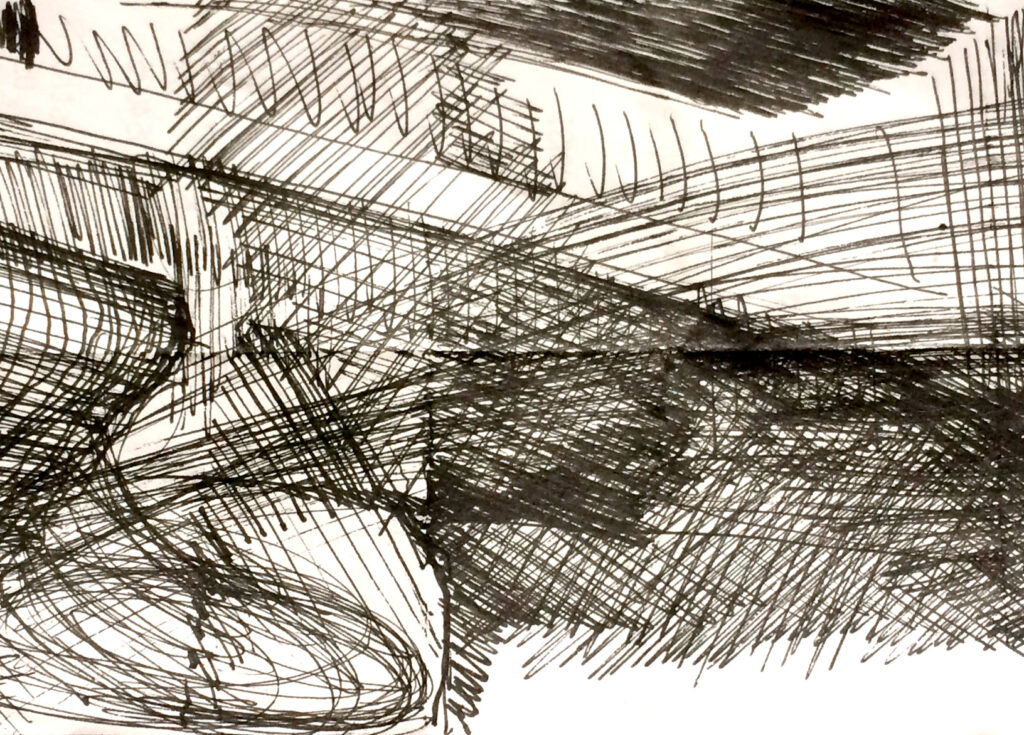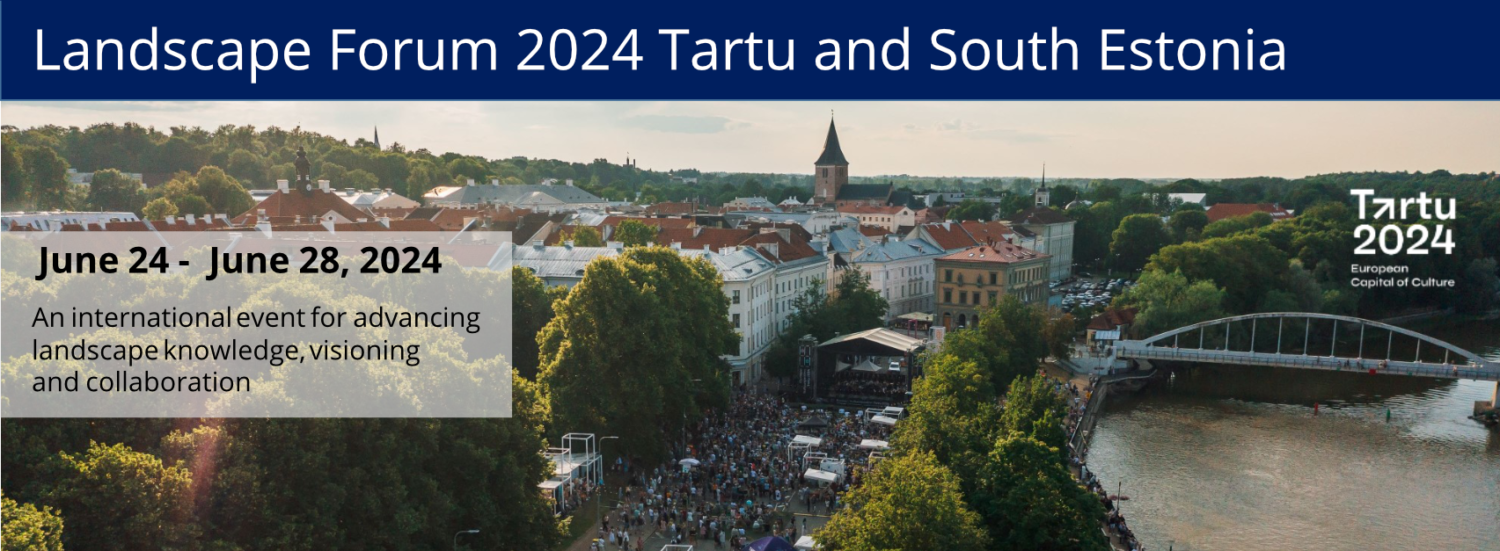Working Group Coordination
Karl-Heinz Einberger (HSWT), Henrik Schultz (HS Osnabrück) with Constanze Schulze-Stampa (HfWU)
Including: Walking intervention with Henrik Schultz, performance intervention by Lucia Rainer (guest professor at HfWU), art exhibition from the Gdansk Academy of Fine Arts (organised by Dominika Gołębiewska).

>>> submit a poster to this topic
Objectives
This working group starts from the idea of landscapes as social and cultural constructions. Landscape perception, validation, memory and experience are deeply rooted in cultural processes. The objective is to explore the role of artistic practice in this context and to conduct experiments in the forum landscape.
Scope
Contact with the physical reality of a space – and an activist, physical answer to it is the core of this contribution to the landscape forum discussion. Combining practices and approaches from landscape perception, art and art therapy, the workshop produces a variety of output formats, which will be contributing to the Living Lab concept of the forum.
Acting in the physical space of the focus area (‘Missing Link’) is central to this working group. Reaching out to the local community and integrating them into participatory events is planned next to active interventions of the working group members.
Based on various strategies of experiencing the area in depth, the group will generate spatial interventions, performative formats and media to communicate the discussion and work process to the forum and the urban public.
We group will follow the traces of the Tiefenbach Valley by co-creating an experiential itinerary at the margins of the real and the imagined.
Key questions
- What might be the role of art in the evolution of the Tiefenbach landscape as an element of landscape and place identity in pluralizing society?
- What is the possible scope of approaches?
- What are the limits of these approaches?
- Which good practices exist and what could we learn from them?
- Which research questions might we generate from this reflection?
- Which recommendations could we conclude for education?
Expected outcome
- A reflective essay
- Possibly including a visual essay or other forms of aesthetic production
- A reflection on good practices, lessons for education and possible further research questions
